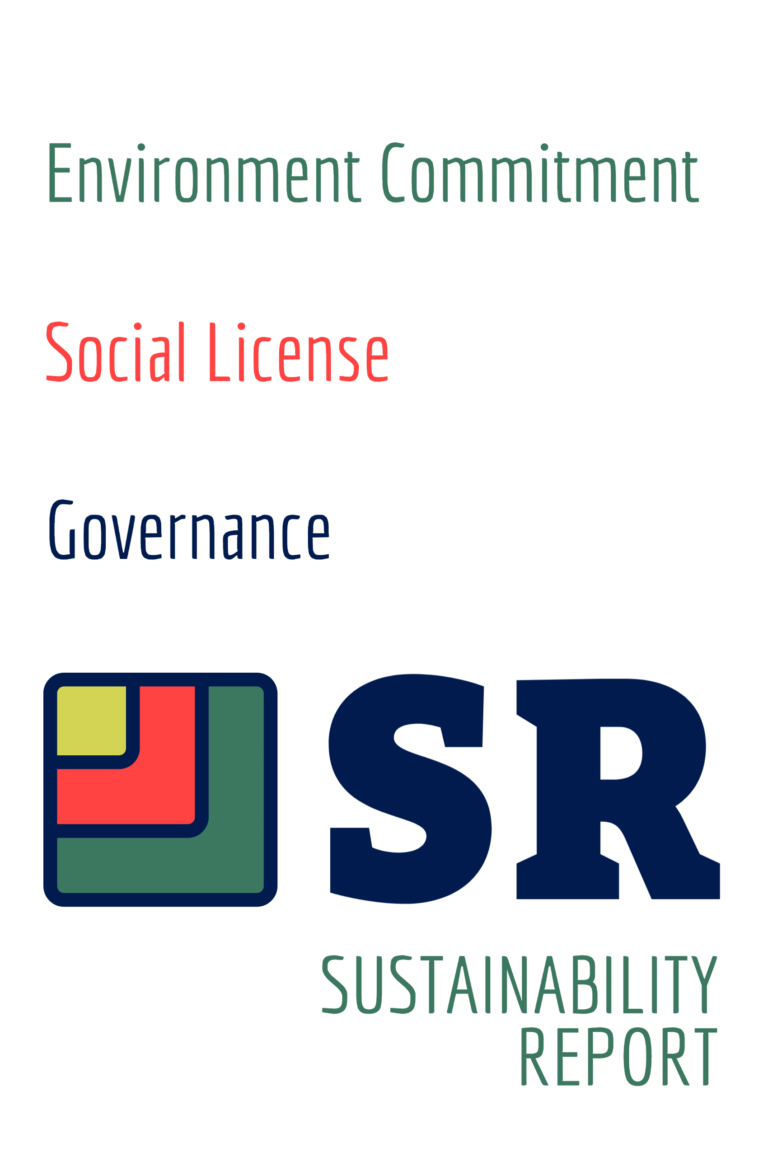
AGRICULTURE
Why Sustainability for the Agriculture?
Sustainability is important for the agriculture sector because it can help reduce poverty, raise incomes, improve food security, and protect the environment.
According to the World Bank, agriculture can help achieve the world’s development goals, but it also faces multiple challenges from climate change, food loss and waste, and poor diets. By adopting sustainable practices, such as repurposing agricultural support, reducing greenhouse gas emissions, and enhancing resilience to shocks, the agriculture sector can contribute to a healthy, inclusive, and green recovery.
What is a sustainability report and how can it benefit the agriculture sector?
A sustainability report is a document that discloses the economic, environmental, and social impacts of an organization’s activities. It can also showcase the organization’s goals, strategies, and performance on sustainability issues.
For the agriculture sector, a sustainability report can help communicate its achievements and challenges to stakeholders, such as investors, customers, regulators, and civil society.
It can also help identify opportunities for improvement, innovation, and collaboration.
How can the agriculture sector prepare a sustainability report?
The agriculture sector can prepare a sustainability report by following international standards and guidelines, such as the Global Reporting Initiative (GRI) or the Sustainability Accounting Standards Board (SASB).
These frameworks provide principles, indicators, and metrics for measuring and reporting on sustainability topics relevant to the agriculture sector.
The agriculture sector can also engage with its stakeholders to understand their expectations and interests, and to ensure transparency and accountability
